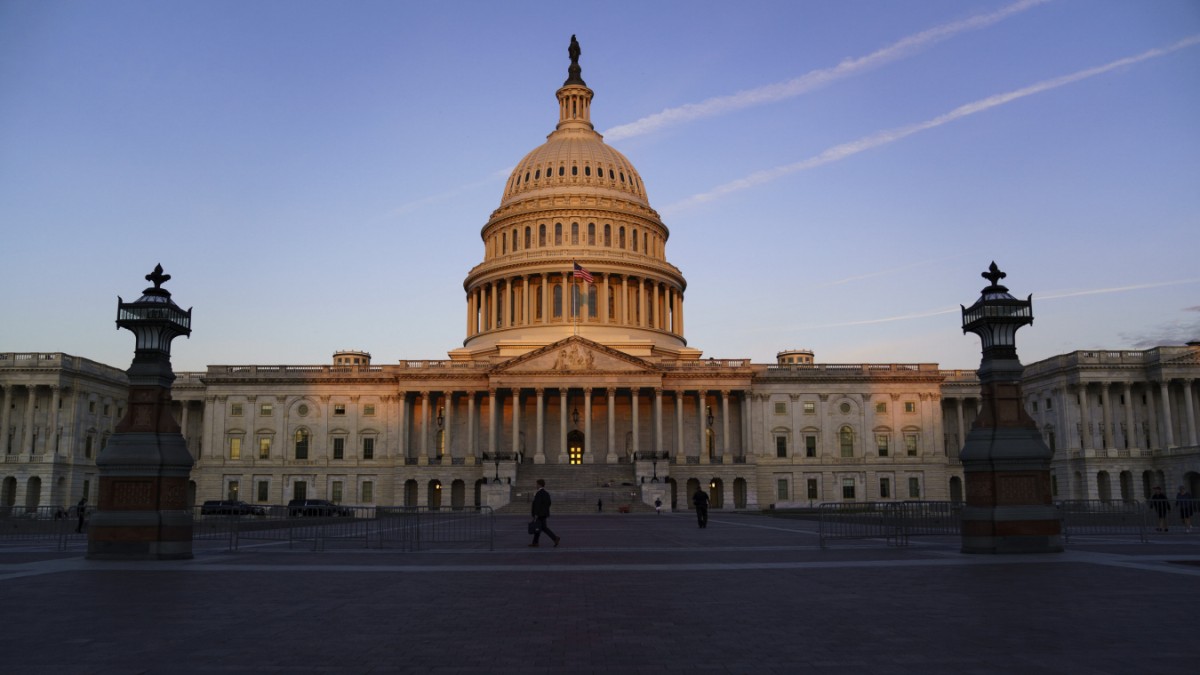The US Congress avoided the forced shutdown of key federal agencies and the government shutdown just hours before the start of the new fiscal year. The House of Representatives, after the Senate, also approved Thursday evening the bridging law that will ensure that all offices and tasks are funded through December 3. Had there not been an agreement, by midnight the government would have run out of money to pay the salaries of tens of thousands of employees and service providers in key areas. Many authorities had to close their doors to citizens as a result of this “lockdown”. Employees in “essential” areas should have continued to work, but they are no longer getting paid.
With the passage of the law, which was also approved by at least 15 opposition Republicans in the Senate, the United States itself has escaped a government crisis, at least for the time being. However, President Joe Biden has yet to get away with it, because by mid-October his government will reach the legally stipulated national debt limit of $28.4 trillion (about 24 trillion euros). If the limit is not lifted or removed entirely, the United States will have to declare a kind of national bankruptcy: some lenders in the financial markets and private households will no longer receive the promised interest, and at the same time the government will have to stop paying many of the benefits that are legally promised.
Disagreement over a potential “shutdown” and debt ceiling has overshadowed controversy in Congress over Biden’s infrastructure program, through which the president wants to rehabilitate roads, bridges and railroads across the country and expand the digital network. However, in this case, only ruling Democrats are to blame for the unrest: Although the entire party supports Biden’s $1 trillion plans, left-wing lawmakers have threatened to vote No in the vote scheduled for Thursday night. The reason: Members of Parliament are asking their party friends in the Democratic-controlled Senate to also agree to the president’s $3.5 trillion social, family and climate programme. Because two of the Chamber’s Democratic members, Kirsten Senema and Joe Manchin, dismissed the package as too expensive, the deal initially did not come to fruition.
deferred dispute
The dispute over the budget has also been postponed. Unlike in Germany, for example, Congress does not have to pass one blanket bill but several individual budget bills by September 30 of each year in order to ensure that all government work is funded. If this does not work, transitional laws setting expenditures for a few weeks or months at the level of the previous budget year can be passed.
The two political parties have used deadlines in budget legislation several times over the past few decades to put their governments under political pressure. At the end of 2018, President Donald Trump himself caused the “lockdown” because Congress refused to provide the billions he had requested to build a border wall with Mexico. However, more than a month later, Trump finally backed down.

“Award-winning music trailblazer. Gamer. Lifelong alcohol enthusiast. Thinker. Passionate analyst.”






More Stories
Bella Thorne: American actress who got engaged
Property: Palace: Kate and William are affected by many news – Entertainment
King Charles has cancer – Harry returns to Great Britain